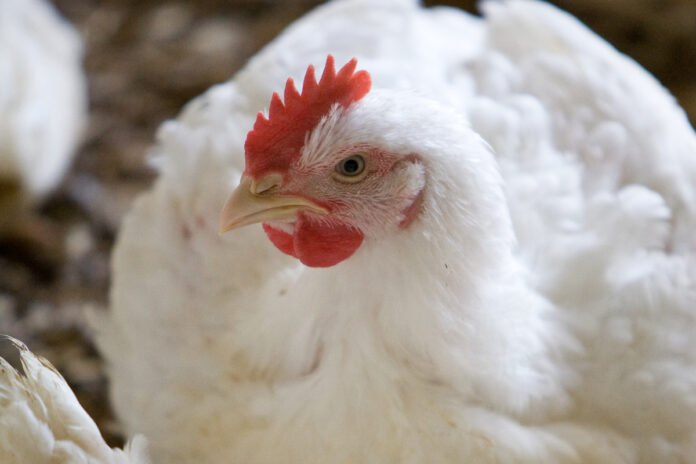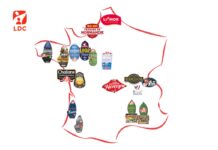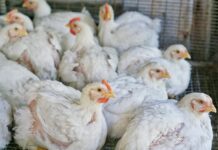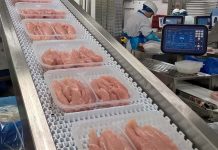
Poland, the European Union’s leading poultry producer, is experiencing one of its most challenging disease outbreaks in recent memory. Since January 2025, the country has reported more than 40 confirmed outbreaks of Newcastle disease (ND) in poultry flocks, with the virus spreading across several high-density farming regions. The outbreaks involve both commercial farms and non-commercial bird populations and remain under official monitoring by the World Organisation for Animal Health (WOAH).
Dozens of farms affected, including vaccinated flocks
The most recent notifications submitted to WOAH confirm ongoing transmission of virulent ND strains in at least five major voivodeships: Podlaskie, Mazowieckie, Lubelskie, Łódzkie, and Kujawsko-Pomorskie. While earlier cases involved non-commercial and backyard flocks, the virus has increasingly affected large-scale commercial operations, including farms with robust vaccination protocols.
Among the notable incidents:
-
A commercial turkey farm with 57,000 vaccinated birds
-
A broiler flock of 16,500 birds, also vaccinated
-
Several layer operations in central Poland
These cases demonstrate that vaccination alone is not sufficient in the face of active viral circulation and underline the importance of strict biosecurity.
Compulsory vaccination and emergency response measures
On 25 April 2025, Polish authorities made ND vaccination mandatory for all commercial poultry. This policy followed a sharp rise in confirmed outbreaks in early spring. Additional emergency measures include:
-
Establishment of protection and surveillance zones
-
Immediate culling of infected and at-risk birds
-
Restrictions on animal movements within and outside outbreak zones
-
Reinforced wild bird monitoring and laboratory testing
Despite these interventions, WOAH lists the situation as ongoing, with updates still being filed in July 2025.
The nature of Newcastle disease
Newcastle disease is caused by avian paramyxovirus type 1 (APMV-1), a pathogen that can cause severe respiratory, digestive, and neurological symptoms in poultry. The disease is not transmissible to humans and does not affect food safety, but its economic impact is significant.
Outbreaks of virulent strains lead to:
-
High mortality in unvaccinated or young birds
-
Decreased production performance (lay rate, weight gain)
-
Disruption of supply chains
-
Restrictions on exports of live birds and hatching eggs
Trade and industry concerns
The outbreak arrives at a time when Poland is also managing sporadic cases of avian influenza, compounding pressure on poultry producers. Several countries have already implemented trade restrictions or reinforced import checks on Polish poultry products. Although not all restrictions are long-term, they reflect growing international scrutiny of disease control measures.
At the national level, increased disease management costs, preventive culling, and movement bans are placing a financial strain on producers — particularly integrators and hatcheries that rely on consistent movement of birds across farms.
Recommendations for poultry producers
To minimize risks and support national containment efforts, producers should:
-
Ensure full compliance with the mandatory vaccination schedule
-
Apply biosecurity protocols rigorously, especially at entry points and feed/water systems
-
Monitor flocks closely for early signs of disease, including respiratory symptoms, nervous disorders, or sudden drops in production
-
Avoid introducing birds from unknown sources or regions with recent outbreaks
-
Keep detailed farm records and immediately report any suspected cases
The Newcastle disease outbreak in Poland serves as a reminder that preventive vaccination must be accompanied by robust farm-level practices and responsive veterinary oversight.
Sources: WOAH (event #6527), Polish Ministry of Agriculture, DEFRA (UK), July 2025

















